WATERVILLE — It isn’t the best scenario for Kevin Horton, but he has a roof over his head, is in a safe place at the Mid-Maine Homeless Shelter and continues to search for a permanent place to live.
Horton, 64, was told last month that he had to leave his downtown apartment of 25 years because the building was to be sold.
Struggling with a traumatic brain injury, chronic obstructive pulmonary disease and intellectual and physical disabilities, Horton, who can neither read nor write, was terrified.
After a column about his plight was published in the Morning Sentinel last week, he has seen an outpouring of support from people who recognize him on the street, including Todd Stevens, the Waterville Police Department’s new community outreach coordinator. Horton said Stevens got involved and spoke to officials at the homeless shelter who found him a bed there, despite it being full.
“I’ve known Todd for a long time because he goes to the soup kitchen all the time,” Horton said Friday.
Stevens, a social worker, was hired in March to go into the community, meet people and help connect them with services they need. Waterville police Chief William Bonney had introduced the position as a way to get help for an increasing number of people needing it, thus decreasing their interactions with police.

Kevin Horton enters the Mid-Maine Homeless Shelter in Waterville on Thursday for his first night staying there. Horton had been living in a downtown apartment for the past 25 years until he and other tenants were forced to leave because of a change in ownership. Horton has been unable to find a new apartment to lease. Michael G. Seamans/Morning Sentinel
Stevens said Friday he spends a lot of time at the Waterville Area Soup Kitchens and had spoken with Horton several times there in the past.
“I went in there yesterday and he asked if he could speak to me,” Stevens recalled. “He was telling me he was really anxious and nervous about being homeless and he was talking about how he was going to pitch a tent down at the Two Cent (Bridge). You could just see that he was not doing well with that.”
Stevens told Horton he couldn’t make any promises but he would try to get him into the shelter. Then Stevens talked to Richard Compagnon, the shelter’s manager, and told him of Horton’s situation. Compagnon agreed with Stevens that Horton needed to be in a safe place and got him a cot and mattress, according to Stevens, who drove Horton to the shelter.
“It was just that feeling that you can’t let somebody under these dire circumstances be in that position,” Stevens said.
The chief executive officer of the shelter, Katie Spencer White, said it offers various services to people in a housing crisis. One initiative, the Rapid Rehousing Program, works with the state agency MaineHousing to collaborate with landlords to find available housing.
At his tiny, two-room apartment Friday morning, Horton was back collecting the last of his belongings. His aide workers have placed most of his belongings at their own homes. One of his supporters who has been trying to find him another apartment was with him. He asked not to be named but said a landlord on Gold Street who heard about Horton’s plight offered to show him an apartment on Tuesday.
“People are stopping him on the streets saying, ‘I have very little myself but if you need a shower or something to eat, you can come to my place,'” he said.
One woman gave Horton two egg, cheese and bacon sandwiches.
“I gave it to somebody who didn’t have no food at all,” Horton said.
Sitting in a broken, padded swivel chair, Horton said his brain injury happened when he was 15 and his mother hit him in the head with a cast iron frying pan, causing a fracture. He uses a walker to get around and eats breakfast and lunch at the soup kitchen.
A man who asked not to be identified said outside Horton’s apartment Friday that he is working on the sale of the estate of the man who used to own the building but died earlier this year. He said the building is in the process of being sold and the new owner plans to renovate it, including about seven apartments, most of which have been vacant. The previous landlord liked Horton, tried to ensure his rent didn’t increase and always tried to help him out, he said.
Horton’s struggle to find new housing is the latest example of a housing crisis afflicting much of the country.

Kevin Horton sits at a table at The Lighthouse soup kitchen in Waterville last week. Horton had an apartment in downtown Waterville for 25 years but he and other tenants were forced out when the building changed ownership. With a limited income, he’s been unable to find new housing and is now staying at the Mid-Maine Homeless Shelter in Waterville. He admits the stress is difficult. Michael G. Seamans/Morning Sentinel
When asked how many affordable housing units are needed in Waterville, Garvan Donegan, director of planning, innovation and economic development for the Central Maine Growth Council, said he projects that 700 to 900 workforce to market rate units would be swiftly occupied if they were to come available, “taking into consideration numerous factors including the existing housing inventory, which comprises of properties ripe for redevelopment, as well as in-migration trends.”
If the city wants growth, additional new units would need to be added in the coming years, Donegan said in an email.
“This forecast not only addresses the need for housing to accommodate individuals expressing a keen interest in relocating to the city,” Donegan said, “but also anticipates the aspirations of existing residents seeking greater diversity, upgrades or more appropriately sized housing, with many options for a downtown setting.”
A critical question is how much and to what extent Waterville should prioritize the construction of affordable and workforce housing, according to Donegan.
“While this inquiry falls within the public policy domain and retains a subjective element, it is an issue shared by communities across Maine,” he said. “I firmly believe that it is imperative for Waterville, as with many municipalities, to emphasize the construction of new workforce housing or the redevelopment of existing units alongside market rate housing. This holistic approach not only ensures a more diverse and inclusive housing market but also promotes economic stability and equitable growth within the city.”
Send questions/comments to the editors.


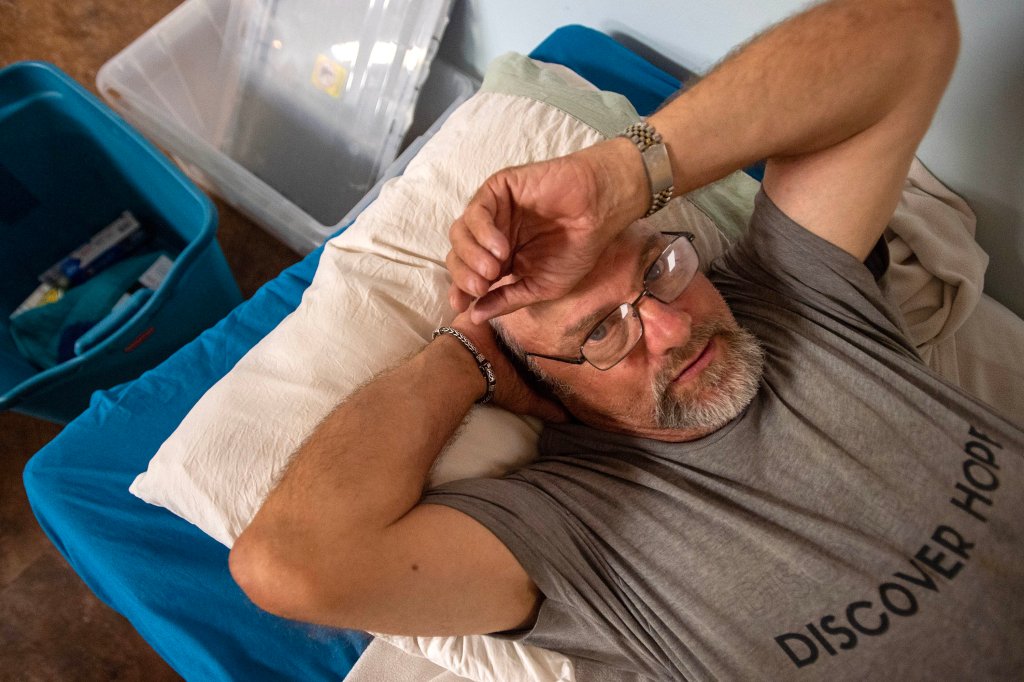
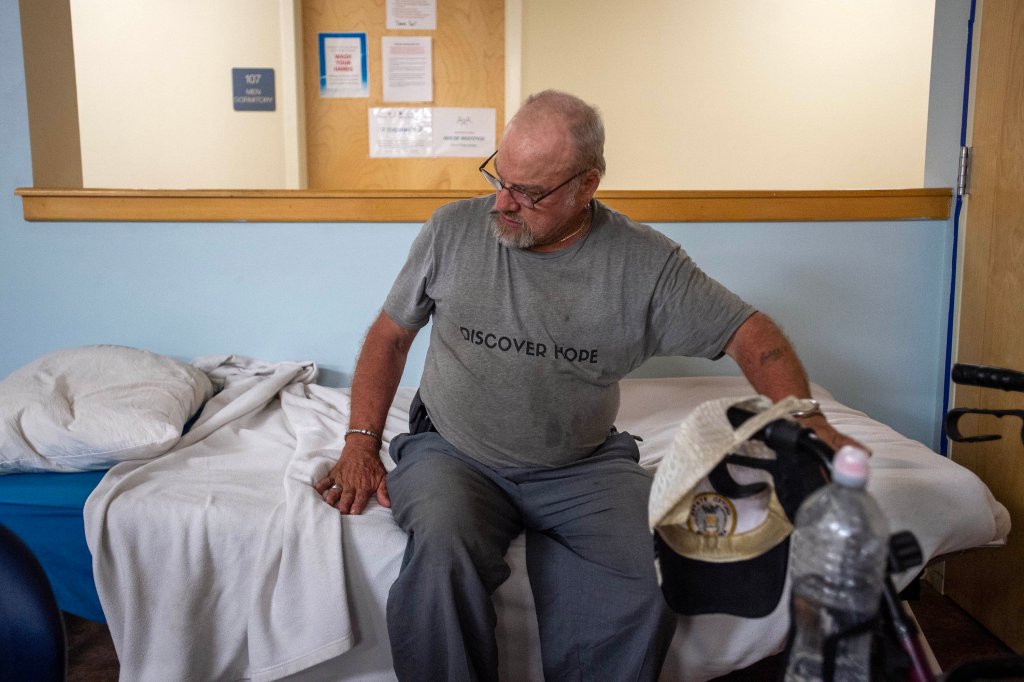
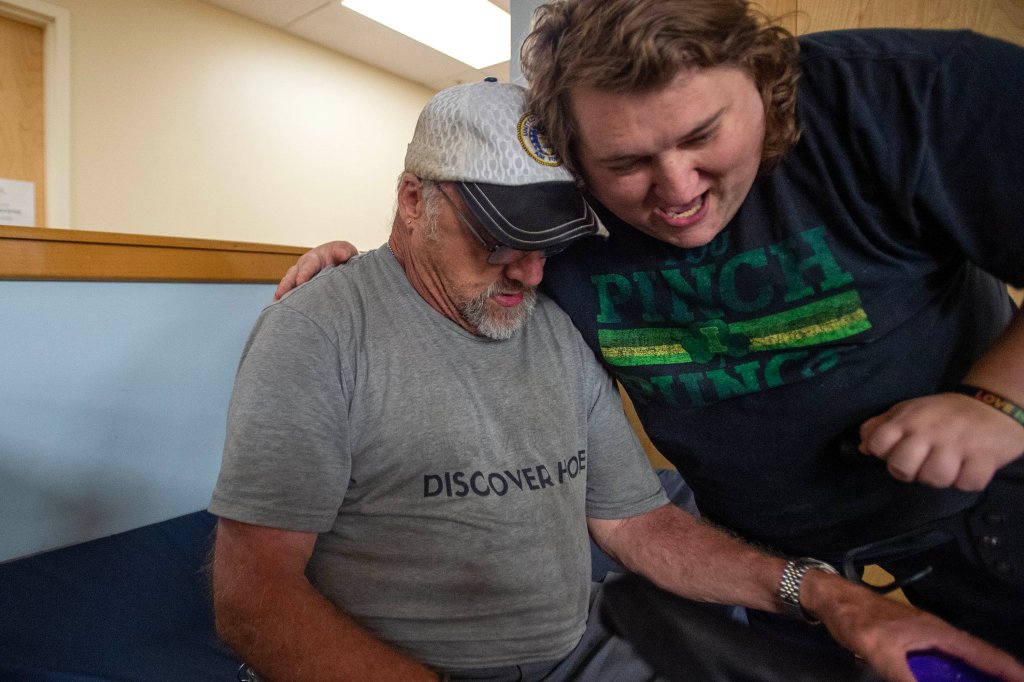
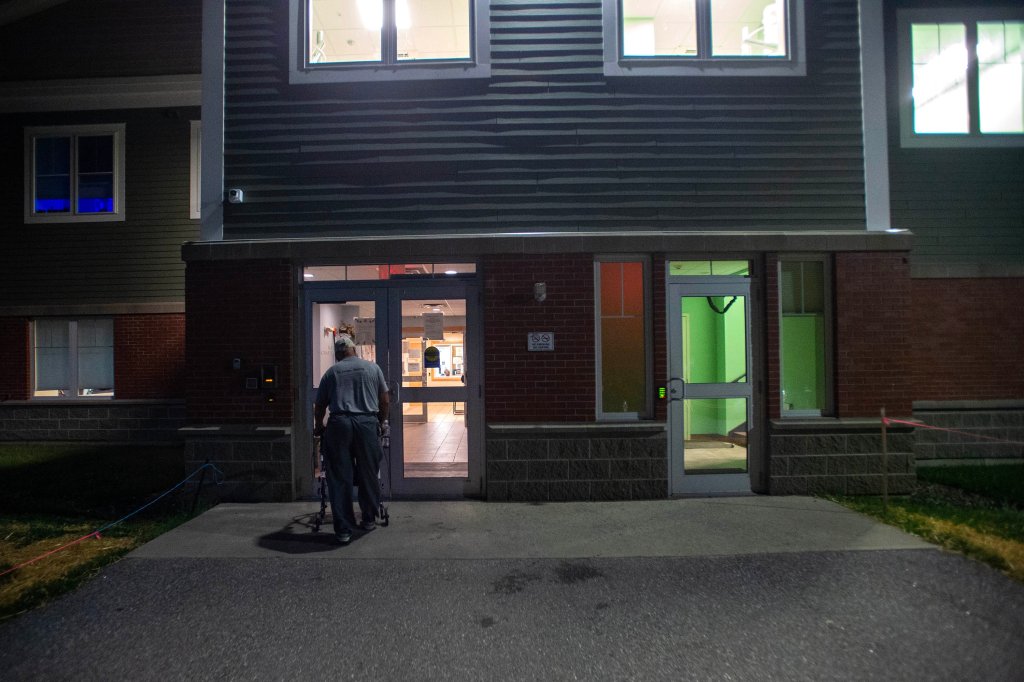
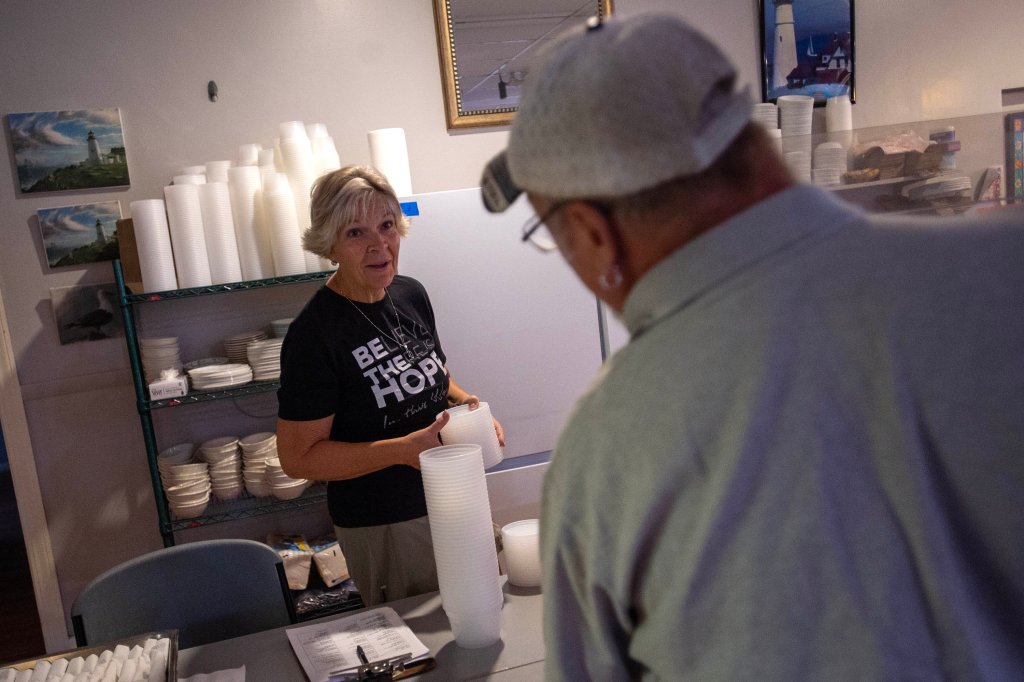

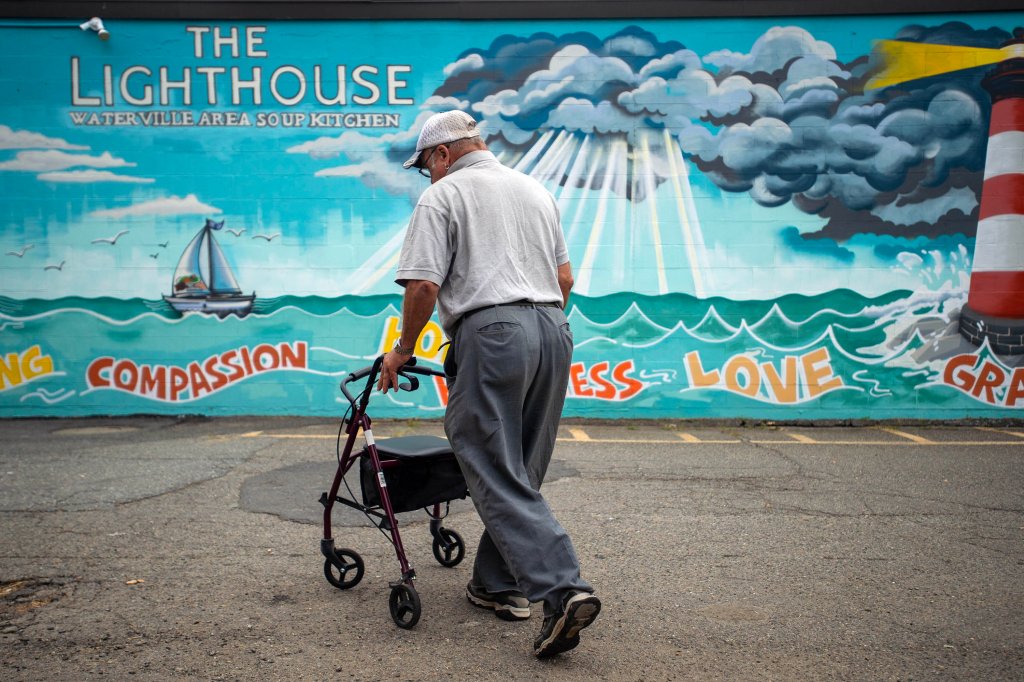
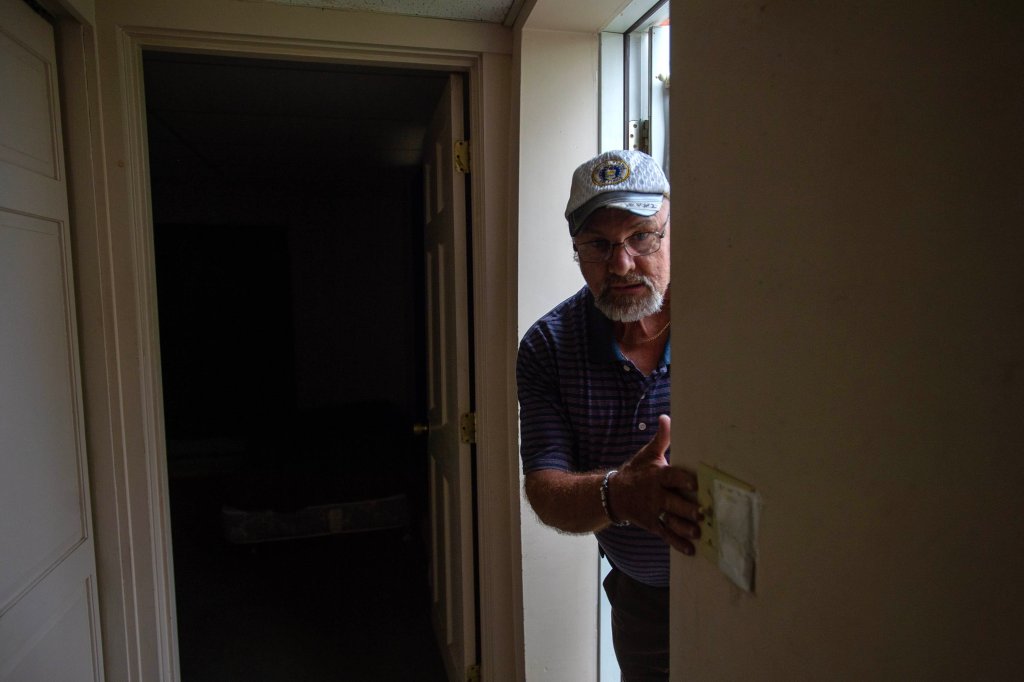
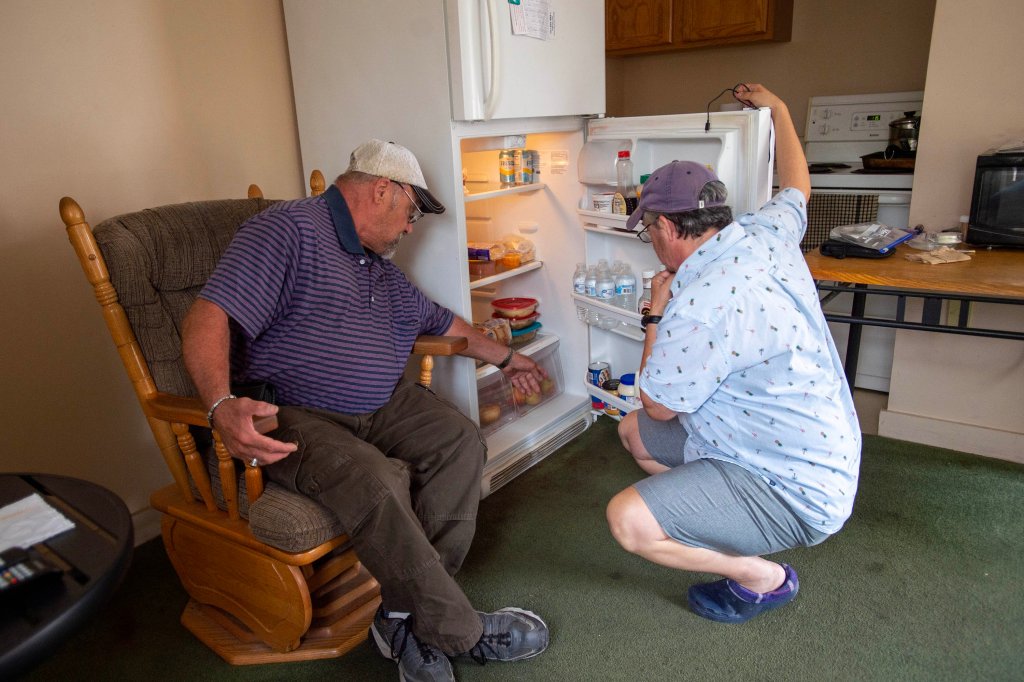
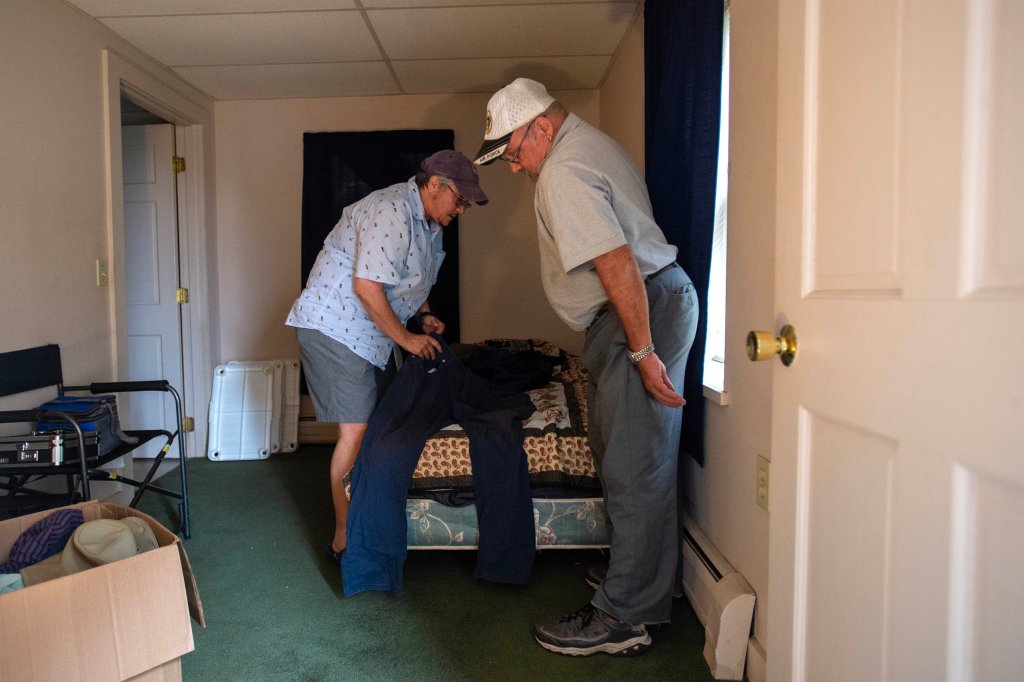
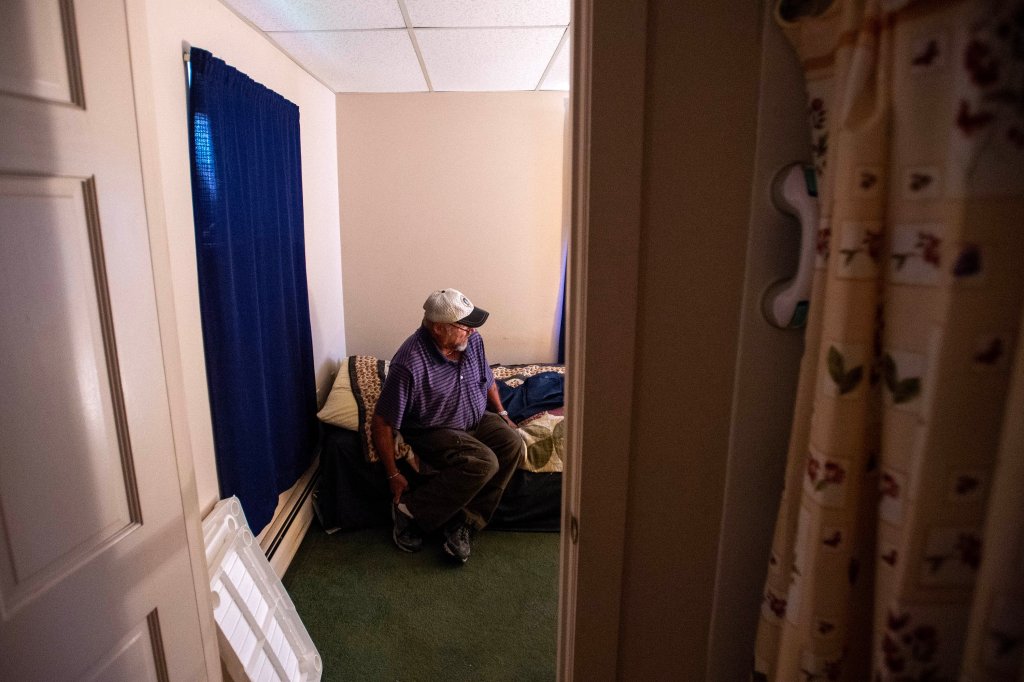
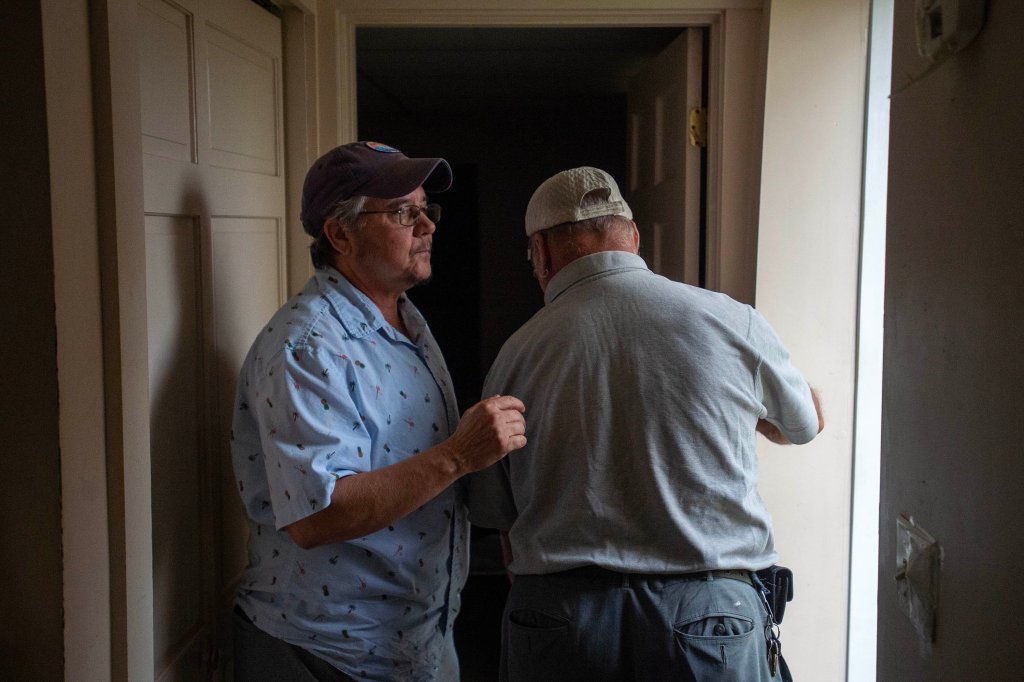
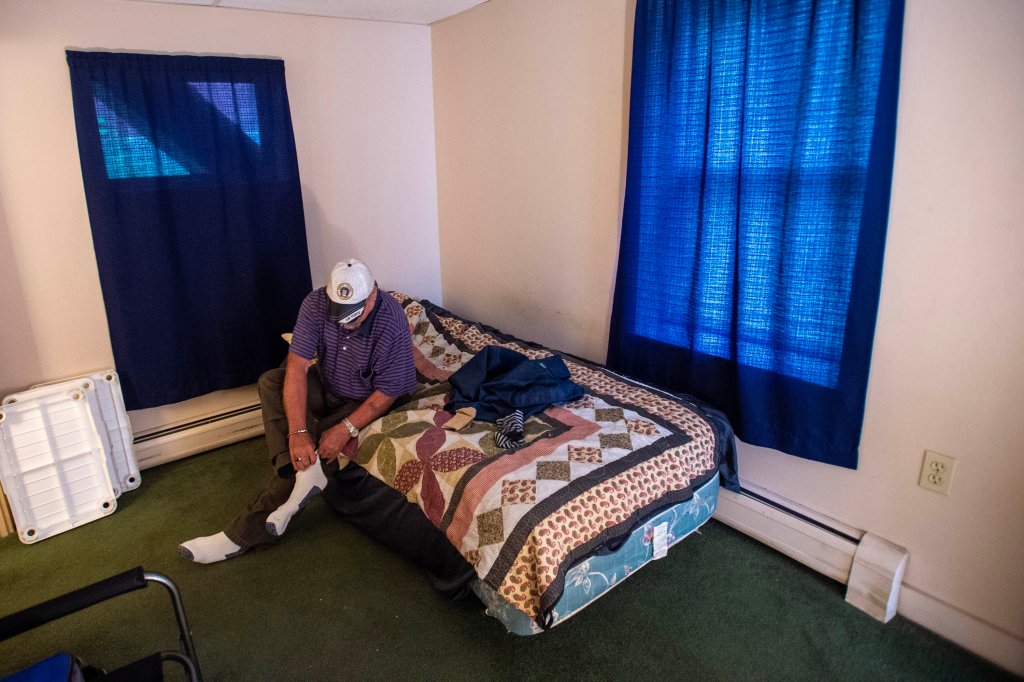
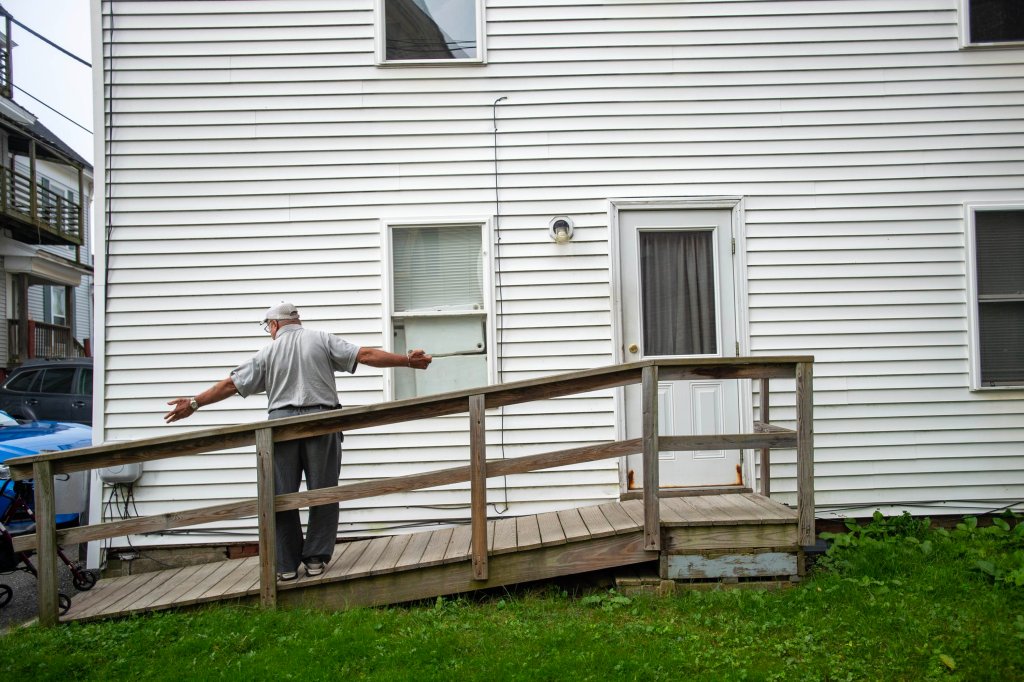
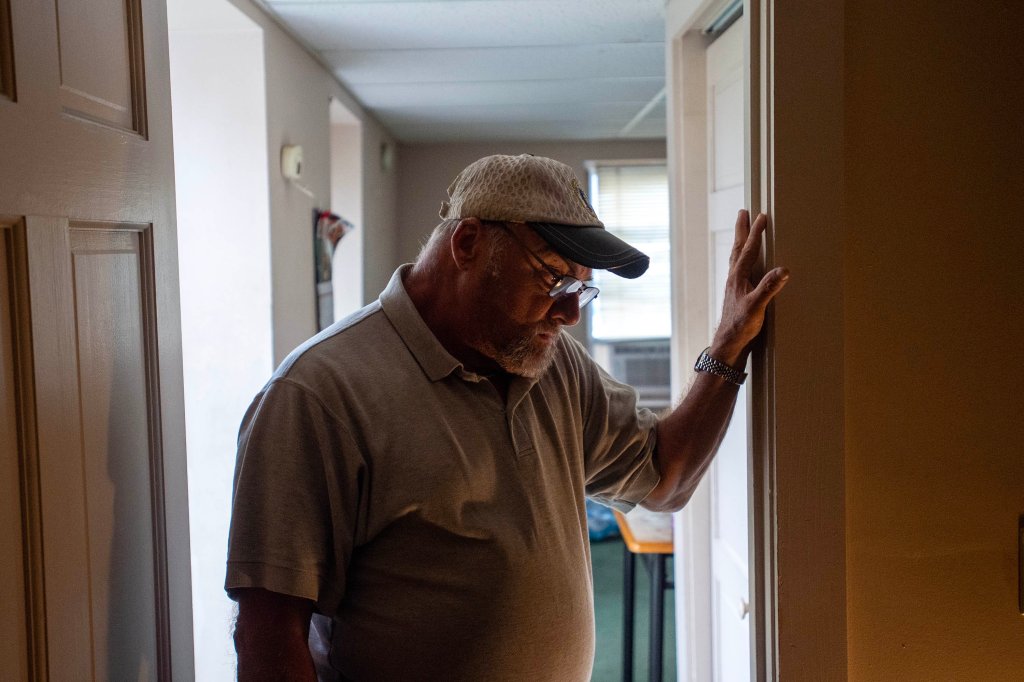

Comments are no longer available on this story